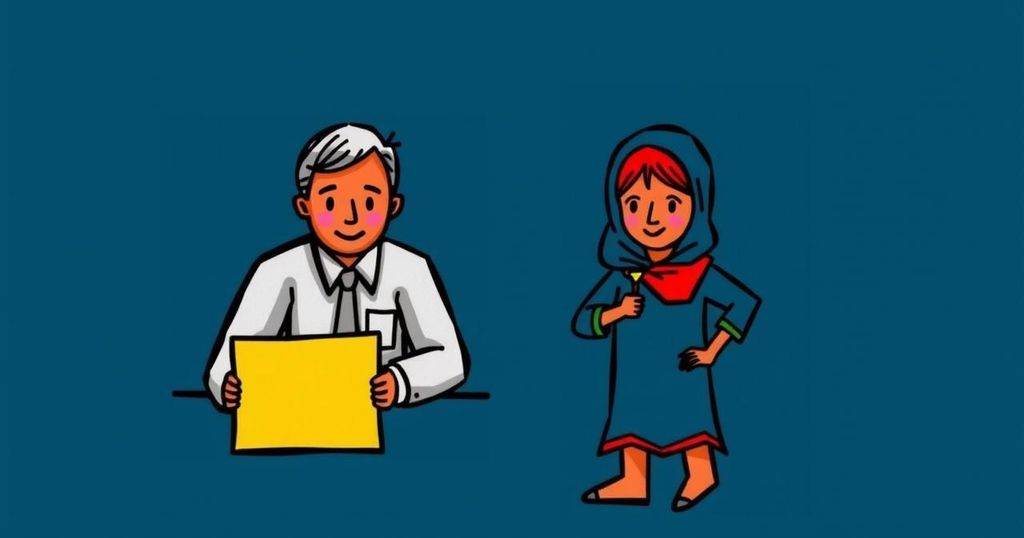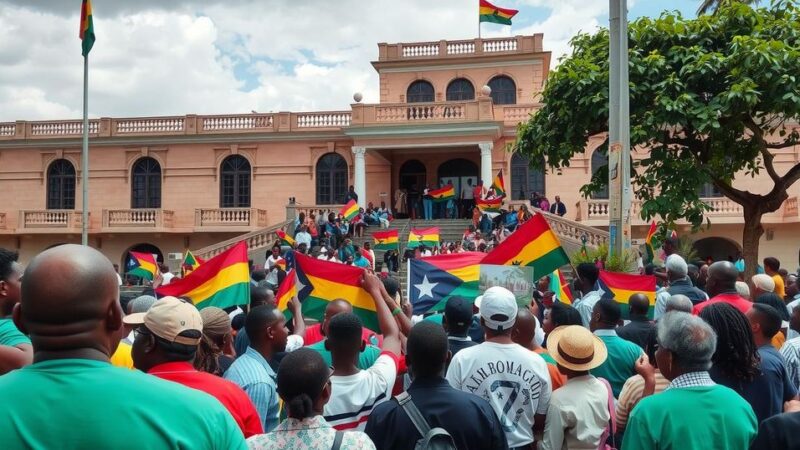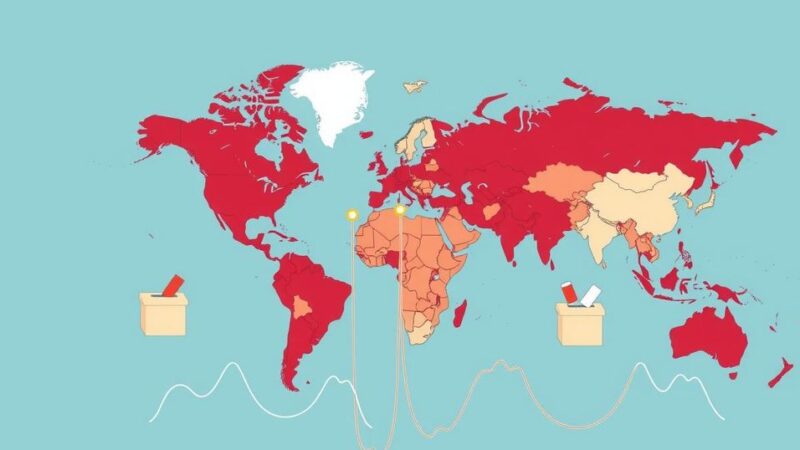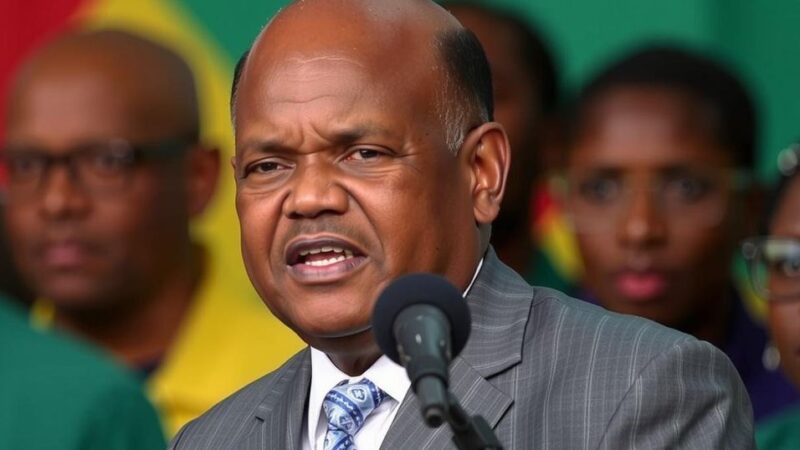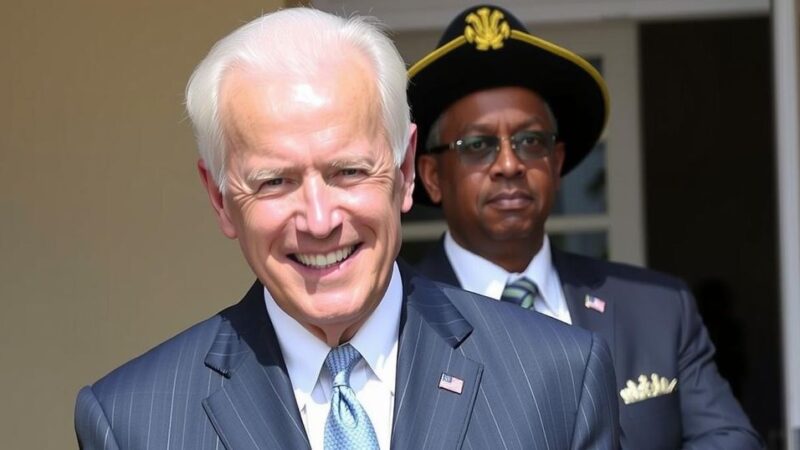The Biden administration will not renew a humanitarian parole program for migrants from Venezuela, Haiti, Cuba, and Nicaragua, impacting their status in the U.S. This decision affects a significant number of individuals settled in South Florida and urges them to seek other legal pathways or face deportation as their two-year period concludes.
The Biden administration has decided not to renew a two-year humanitarian parole program that permitted migrants from Venezuela, Haiti, Cuba, and Nicaragua, who arrived via plane with sponsorship, to live and work in the United States. This decision has significant repercussions for the large communities of these nationalities in South Florida, particularly as the program aimed to provide a legal alternative to increasing illegal border crossings. Initiated in 2022, the program aided 214,000 Haitians, 117,000 Venezuelans, 111,000 Cubans, and 96,000 Nicaraguans in their settlement in the U.S. While new migrants can still apply under different pathways, those who have been utilizing this program must seek alternative legal status or face deportation as their two-year period concludes.
The humanitarian parole program was established in 2022 as an initiative to address the rising influx of migrants at the U.S.-Mexico border, particularly from Venezuela, Haiti, Cuba, and Nicaragua. The program allowed eligible individuals to live and work in the United States legally for two years while they pursued further immigration options. This decision by the Biden administration comes amid broader discussions about immigration policy as the 2024 presidential election approaches, highlighting the complexity and challenges surrounding U.S. immigration laws and practices.
In summary, the Biden administration’s choice not to extend the humanitarian parole program signals a shift in immigration policy, particularly affecting migrants from Venezuela, Haiti, Cuba, and Nicaragua. With approximately 600,000 individuals having benefitted from this program, the upcoming expiration presents urgent challenges for those seeking to secure their legal status in the United States. Alternative legal pathways remain available, but the implications of this decision will be closely monitored as the nation approaches the presidential elections.
Original Source: www.wlrn.org

